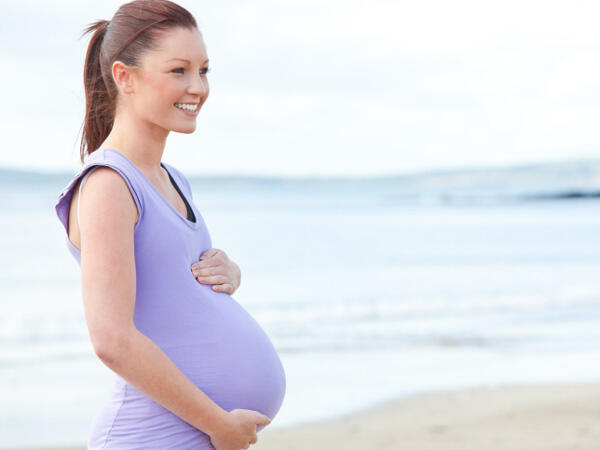Researchers from the “British Heart Foundation” (BHF) have shown that the heart of the baby starts beating mouse only 7.5 days after fertilization, which led to humans suggests that the first heartbeat occurs only 16 days after conception, as scientists have said in a statement.
In this research, published Wednesday in the journal “eLife”, the scientists studied the development of mouse heart and found that the contractions began when a structure known as cardiac growing formed, only 7.5 days after fertilization, and not later, as previously I thought.
Scientists used fluorescent labels, bright molecules that bind to substances or tissues to track the flow of a basic substance in the process of contraction of the heart: calcium ions. Thanks to this, the team could see when ions coordinated contractions induced cardiac cells, ie, the first beat.
“Discovering when the heart beats for the first time and what problems can arise in cardiac development, allows us to approach the goal of preventing heart disease that occur during pregnancy,” said Paul Riley, first author of the study and a researcher in the department of physiology at the University of Oxford.
UK only 12 babies are born each day affected by these diseases. That’s why scientists are interested in understanding better how the heart develops and why they appear malfunctions during pregnancy.
Repair after heart attacks
In addition, Riley said they also hope to learn how to repair damage to the heart after heart attacks occur. One of the main difficulties of doing so is that the new cells must be connected and synchronized with the beating of existing tissue, so it is essential to find out how the beats are activated.
In that sense, Paul Riley’s team discovered the role of a protein, NCX1, in the generation of calcium signals to activate the beating.
In addition, this research has discovered some of the instructions received by the heart and can help transfomar stem cells (undifferentiated, and therefore potentially convertible into almost any other type of cell) into heart cells. This could serve in the future to repair the effects of heart attacks.
“This study describes some of the early stages of heart development, identifies some key molecules and shows that the beginning of the beats is very important for the further development of the heart,” Nilesh Samani summarized, director of the BHF.
The heart is the first organ to form during pregnancy, and plays a fundamental role in supplying oxygen and nutrients to the embryo. Because of its importance, it is very similar in all mammals process, so learn about it in mouse embryos in theory also allows you to learn about human embryos.











